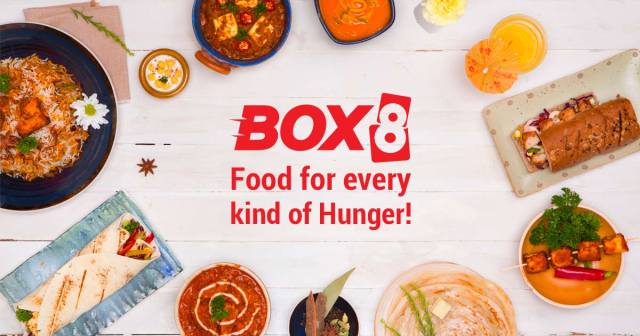If you’re in the E.U., time might be running out for you to order a veggie burger or vegan sausage link.
The Guardian reported this week that the agriculture committee of the E.U. banned the use of meat labels (like “steak,” “sausage,” or “burger”) to describe vegetarian products. The measures will be voted on by the full European parliament after May’s elections, and then will be put to a vote by member states and the European commission.
This decision follows a similar E.U. judgment which impacted plant-based food labeling in 2017. The European court ruled that vegan products aren’t allowed to be called “milk,” “cheese,” or “yogurt.”
According to The Guardian, a proposed replacement for the term “burger” is veggie disc. Which sounds only slightly more edible than “veggie cardboard.” One hopes they can be a little bit more creative when it comes to naming.
European meat corporations were apparently not involved in the ruling, but they’ve got to be happy about this. Allied Market Research projects that the plant-based meat market will reach $7.5 billion by 2025. But a big reason for meat alternative companies’ success is their ability to market to flexitarians — and they’ll have a much harder time doing that by selling veggie discs and plant-based links.
This same fight is being fought in the U.S., too. Animal agriculture corporations are lobbying states and even the President to crack down on what can and cannot be called “meat.” More than a dozen states have introduced meat labeling laws of their own. The FDA is also considering enforcing rules over what can and cannot be called “milk.”
Meat companies do kind of have an argument when it comes to plant-based meat. After all, it’s really just plants that are mimicking meat — though don’t tell that to Impossible Foods or Beyond Meat. Where the issue will really get sticky, however, is when cultured meat comes to market. This new product is biologically meat — animal muscle, fat, and connective tissue — but doesn’t come from a slaughtered animal.
The FDA and USDA are still figuring out how to regulate cell-based meat. And we likely have a few years before it’ll be sold in the U.S., so those regulatory bodies still have some time to decide. But if there’s one thing this E.U. issue has shown is that some people — farmers, meat companies, and even governments — are very protective of what can and cannot be called meat.
It makes sense that Europe would be even more sensitive to this than the U.S. After all, many regional specialty foods have something called Geographic Indications, meaning that a product has to be from a specific region in order to label itself as such (think: Champagne, Parmesan, etc.) Raw meats and dairy products are both categories of protected items. With its historied pride of food, it’s not surprising that European countries are leading the way on meat and dairy labeling crackdowns.
The issue will likely get more controversial as companies get better at making meat (and meat-like) products without the animal. Let’s just hope we never have to eat Veggie Discs. Ever.








 Box8 raises $15 million in India’s red hot cloud kitchen market
Box8 raises $15 million in India’s red hot cloud kitchen market












